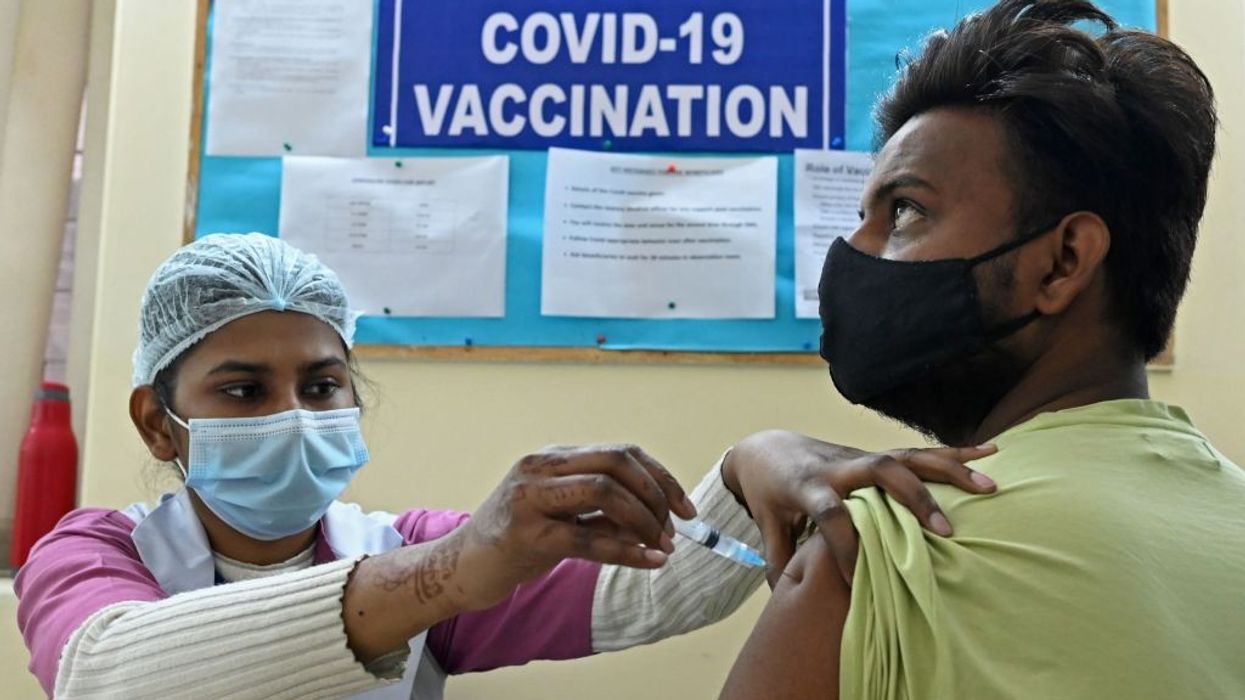India is not worried about some EU countries suspending use of the AstraZeneca Covid-19 vaccine and will continue to roll out the shot in its huge immunisation programme "with full vigour", a senior official said Wednesday.
The AstraZeneca shots, produced by India's Serum Institute, account for most of the 35 million coronavirus vaccines administered in the country so far.
European nations including France, Spain and Germany have suspended the vaccine's use because of worries it causes blood clots.
This is despite the World Health Organization saying the vaccine is safe and the EU's medicines regulator being "firmly convinced" that the benefits outweigh the risks of side effects.
Vinod K. Paul, a member of the government advisory body NITI Aayog, said on Wednesday that Indian authorities were reviewing data, but that there was nothing to suggest a "causal relationship" between the vaccine and blood clots.
"(I) again assure you that we have no signal of concern in this regard and therefore clearly, our programme (with the vaccine)... will go on with full vigour," Paul told reporters.
India was "watching the information being made available from other sources, but today there is no concern at all", he said.
The Serum Institute -- the world's largest vaccine maker -- has already supplied tens of millions of doses of the AstraZeneca vaccine to dozens of mostly poorer countries around the world.












